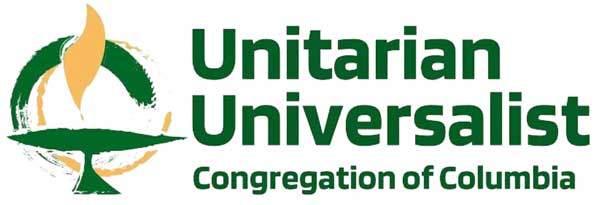On August 18, 2020, we celebrated the 100 year anniversary of the ratification of the 19th amendment. Born out of the suffrage movement that began decades before, the bold victory proved to be a milestone but not a pinnacle in the fight for every person to have the right to vote. 100 years later, we find ourselves watching a culture of oppression that works to silence voices and impose limitations on the voting rights so many have fought so hard to preserve. Ultimately, the underlying core issue beneath the suffrage movement lies the belief in the inherent worth and dignity of each person. What we believe about personhood shapes how we understand this crucial right for everyone’s vote to be welcomed, counted, and impactful.
Suffrage and Personhood
Service Date:
Speakers
Past Services
Change: Friend or Enemy?
One of our Values as Unitarians is “Transformation: We adapt to the changing world”. We are living in unprecedented times and the challenge to adapt to so many changes can be overwhelming. We need to pause and consider the good and the bad of change rather than resisting just because it is different. Each generation […]
